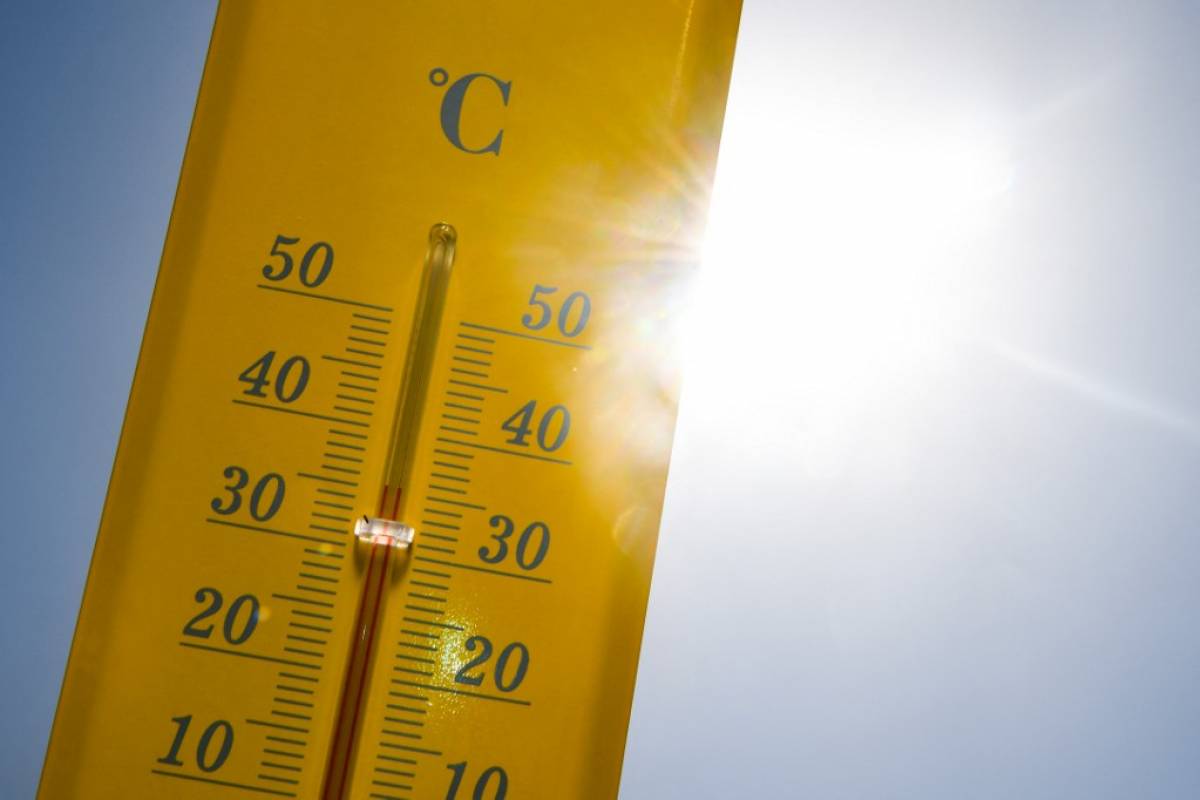In some parts of the continent, this unusual heat, like in summer, added to the rainfall deficit.

(AFP / Damian Meyer)
October 2022 will be the hottest month ever recorded in Europe, the European climate change service Copernicus confirmed on Tuesday, November 8, in the context of Meteo France.
The average temperature was “about 2 degrees Celsius above
From the 1991-2020 reference period”, Copernicus stated in a press release. The European Service, which had no comparable readings before the 1991-2020 period, declared the summer of 2022 to be the warmest on record (over 1.34°C).
“The serious impacts of climate change are now evident and we need ambitious climate action at COP27 to reduce emissions to stabilize temperatures near the 1.5 degree target. The Paris Agreement is set,” commented Samantha Burgess, Deputy Director of Copernicus Climate Change. Service (C3S).
Europe is warming fast
According to the European Service,
“A heat wave resulted in record daily temperatures
In Western Europe, Austria, Switzerland, France, Italy and Spain recorded record Octobers”. Europe is the fastest warming continent on Earth.
Over the past 30 years, temperatures in Europe have risen more than twice the global average, with a warming of +0.5°C per decade, according to a report published on 2 November by the World Meteorological Organization (OMM) and C3S.
In October, in some parts of the continent, this unusual heat, as in summer, added to the rainfall deficit.
“The weather was drier than average
Much of southern Europe and the Caucasus”, notes Copernicus. On the other hand, “north-west of the Iberian Peninsula, parts of France and Germany, the United Kingdom, Ireland, northwestern Scandinavia, and most of eastern Europe in central Turkey, the climate was wetter than average.
And in Canada
In the rest of the world, Copernicus notes that
“Canada has experienced record heat.
Greenland and Siberia were warmer than average”. Conversely, “the coldest temperatures compared to average were recorded in Australia, the Russian Far East and parts of West Antarctica”.
Since the end of the 19th century, the Earth has warmed by about 1.2 degrees Celsius, and about half of this increase has occurred in the last 30 years. This year is the fifth or sixth warmest on record despite the post-2020 impact of La Nina, a periodic natural phenomenon in the Pacific that cools the atmosphere.

Prone to fits of apathy. Unable to type with boxing gloves on. Internet advocate. Avid travel enthusiast. Entrepreneur. Music expert.



